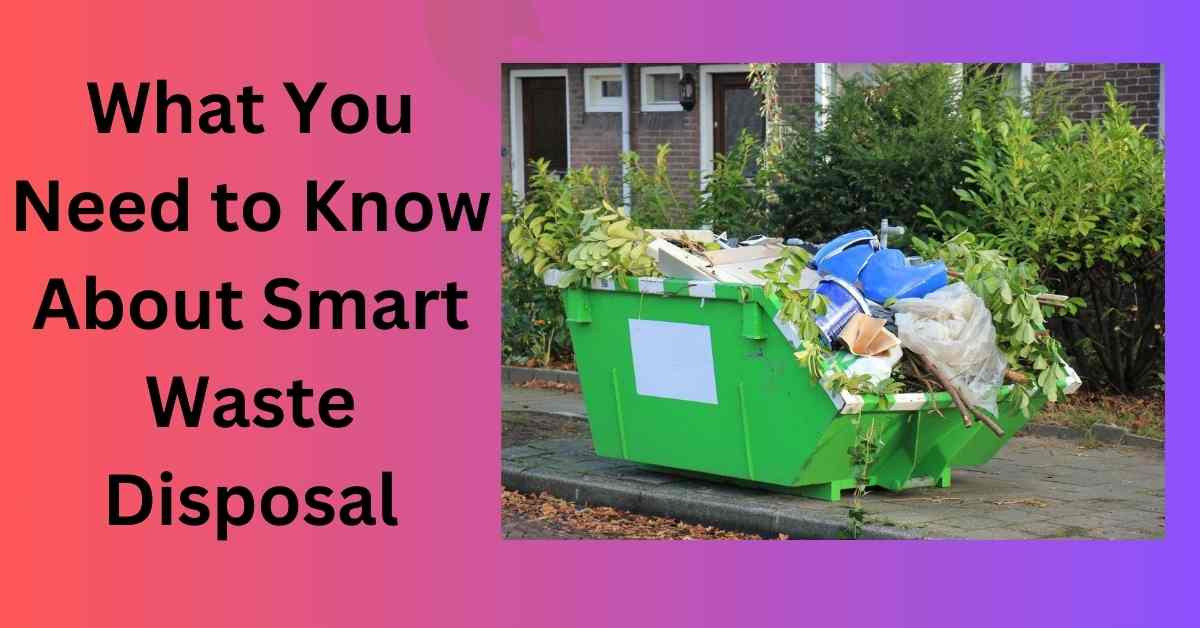Top Strategies for Promoting Sustainability Awareness in Schools
Schools play a crucial role in shaping the next generation’s understanding and commitment to sustainability. By embedding sustainability into education, students can become informed, eco-conscious citizens. Here are some effective strategies to promote sustainability awareness in schools:
1. Integrating Sustainability into the Curriculum
Incorporate sustainability topics into various subjects like science, geography, and social studies. Lessons can cover renewable energy, climate change, recycling, and environmental conservation. Teaching sustainability across disciplines helps students understand the broader impact of their actions.
2. Eco-Friendly School Projects
Encourage students to participate in eco-friendly projects like starting a school garden, organizing recycling drives, or hosting clean-up events. Hands-on projects not only raise awareness but also teach students practical ways to be environmentally responsible.
3. Green School Initiatives
Schools can adopt green practices such as reducing paper use, encouraging reusable water bottles, and implementing energy-saving measures. Raising Awareness in Schools can lead by example by reducing their environmental footprint and involving students in these efforts.
4. Sustainability Clubs
Establishing student-led sustainability or eco clubs creates a platform for students to discuss and implement green initiatives. These clubs can organize events, hold discussions, and work on environmental projects, all while raising awareness among the school community.
5. Partnerships with Environmental Organizations
Partnering with local or national environmental organizations can provide students with access to expert knowledge, resources, and sustainability programs. Collaboration with such organizations can lead to workshops, field trips, and guest speakers that inspire students to take action.
6. Waste Reduction Campaigns
Educating students about waste reduction, proper recycling, and composting through campaigns can create long-term habits. Schools can implement programs that reduce waste, such as banning single-use plastics and encouraging the use of reusable containers.
7. Sustainability-Themed Events
Organize events like Earth Day celebrations, tree planting days, or sustainability fairs. These events can raise awareness about environmental issues and offer practical tips on how students can contribute to a more sustainable future.
8. Energy Efficiency Awareness
Teaching students about energy efficiency is a key component of sustainability. Schools can promote energy-saving habits such as turning off lights when not in use or using energy-efficient appliances. They can also involve students in energy audits of the school building to find areas for improvement.
9. Environmental Education Programs
Schools can create formal environmental education programs that focus on sustainability, conservation, and the impact of human activities on the planet. These programs can include field trips to natural reserves, wildlife sanctuaries, and eco-friendly farms to give students firsthand exposure.
10. Encouraging Sustainable Transportation
Promoting carpooling, cycling, walking, or using public transportation to school reduces carbon footprints. Schools can organize “walk or bike to school” days to encourage sustainable transport methods and teach students about the environmental benefits.
Conclusion
Promoting sustainability awareness in schools requires a comprehensive approach that combines education, hands-on projects, and community involvement. By fostering an eco-conscious mindset from an early age, schools can inspire students to become advocates for the environment and lead sustainable lifestyles.
For more info: Save the Frogs









